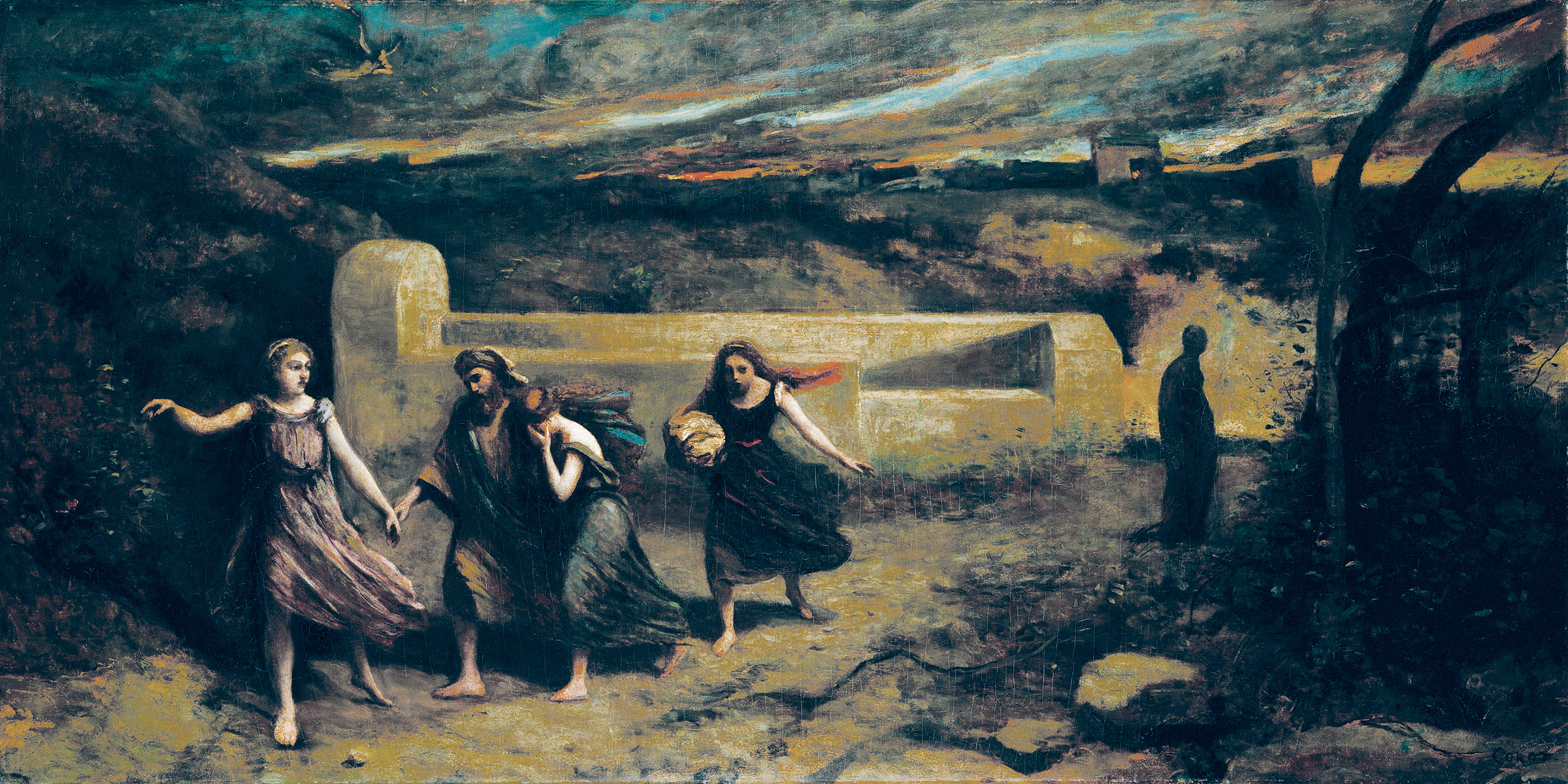To live outside the law, you must be honest.
—Bob Dylan, 1966Last Orders
Madame Roland’s view from the dungeon.
I feel my resolution to pursue these memoirs deserting me. The miseries of my country torment me; the loss of my friends unnerves me; an involuntary gloom penetrates my soul and chills my imagination. France is become a vast Golgotha of carnage, an arena of horrors, where her children tear and destroy each other.
The enemy, favored by civil strife, advances in every quarter; the cities of the north fall into their power; Flanders and Alsace must become their prey; the Spaniard desolates Roussillon; Savoy rejects an alliance that would unite her to anarchy, and returns to her ancient tyrant, whose troops invade our frontiers; the rebels of the Vendée continue to lay waste to a large extent of territory; the Lyonnais, wantonly provoked, have burst into open resistance; Marseille flies to their succor; the disorder spreads to the neighboring departments; and in this universal agitation, and in the midst of these multiplied disorders, there is nothing consistent but the measures of the foreign powers, whose conspiracy against freedom and mankind our excesses have justified. Our government is a species of monster, whose form is as odious as its appetites are depraved; it destroys whatever it touches, and devours even itself. This last feature is the only consolation of its numerous victims.
The armies, ill conducted, and worse provided, alternately fly like cowards and fight with the courage of despair. The ablest commanders are accused of treason because certain representatives, ignorant of war, blame what they do not comprehend, and brand as aristocrats all who are more enlightened than themselves. A legislative body, characterized by debility from the moment of its existence, presented us at first with lively debates, as long as it possessed sufficient penetration to foresee the national dangers, and courage to announce them. The just and generous spirits, who aspired to the welfare of their country and dared attempt to establish it, denounced audaciously under the most odious colors and in forms the most contradictory, have been at last sacrificed by ignorance and fear to intrigue and peculation. Chased from a body of which they were formed to be the soul, they left behind them an inane and corrupt minority, who have united the oppression of despotism with the license of anarchy, and whose follies and crimes dig their own tomb, while they are consummating the public ruin. The nation, cowardly and uninstructed, because egotism is indolent and indolence credulous and blind, has accepted a constitution essentially vicious, which even if unexceptionable, it should still have rejected with indignation because nothing can be accepted from villainy without degradation to the receiver. This deluded people boasts of security and freedom, while it has seen both violated with impunity in the persons of its representatives! It can only change its tyrants. Already under a yoke of iron, every change seems to it an alleviation; but incapable itself of accomplishing one, it supinely awaits it at the hands of the first master ambitious of ruling it. O Brutus, whose daring hand freed in vain the degenerate Romans, like you we have erred. Like you, men pure and enlightened, whose ardent souls burned for liberty, and whom philosophy had trained for it in the calm of study and the austerity of seclusion, have flattered themselves that the fall of the despot would herald the reign of justice. Alas, it has been but the signal for the rule of the direst passions, and the most execrable vices! You said, after the proscriptions of the triumvirs, that the cause of the death of Cicero had filled you with more shame than his death had occasioned your grief; you blamed your friends at Rome for having become slaves rather by their own fault than that of their tyrants, and accused them of the dastardliness of seeing and permitting things of which the mere recital should have been insupportable to them and excited their horror.

The Burning of Sodom, by Camille Corot, 1857. The Metropolitan Museum of Art, H.O. Havemeyer Collection, Bequest of Mrs. H.O. Havemeyer, 1929.
Such is the indignation that I feel in my dungeon. But the hour of indignation is past; it is too evident that there is no good to be hoped nor additional evil to be feared. To what can we compare the domination of those hypocrites who, masking their ambition and avarice with the guise of justice and converting the laws into snares for the innocent, have created a public tribunal as the engine of their personal vengeance, and send to the scaffold, with formalities mockingly judicial, every individual whose virtues offend them, whose talents excite their jealousy, or whose opulence tempts their cupidity. What Rome or Babylon ever equaled Paris, polluted with debauchery and blood, and governed by magistrates who profess to trade in falsehood and calumny, and to license assassination? What people has ever depraved its nature to the point of contracting a moral necessity of beholding executions, and of glutting its eyes with scenes of cruelty; of foaming with impatience and rage when the sanguinary scenes are retarded; and of being ever ready to wreak its ferocity on whosoever shall attempt to calm and pacify its violence? The days of September were the sole work of a small number of human tigers drunk with wine and blood; those of May 31 and June 2 marked the triumph of crime by the apathy of the Parisians, and their tame acquiescence in slavery. From this date crime and anarchy grow apace. Crowds of people surround the courts of justice, and vociferate their threats against the judges, who are thought too tardy in the condemnation of innocence. The prisons are gorged with public functionaries, with generals, and private individuals of characters that graced and ennobled humanity. A zeal to accuse is received as a proof of civism, and the search and detention of persons of merit and property sum up the duties of an ignorant and unprincipled magistracy.
Meanwhile, famine rears its head; pernicious laws discourage industry, stop circulation, and annihilate commerce; the finances fall to decay; the disorganization becomes general; and in this wreck of the public wealth, men devoid of shame erect their fortunes from the fragments of national prosperity, set a price on all their actions, and traffic in the lives of their fellow citizens.

Madame Roland
From Appeal to Impartial Posterity. While imprisoned in Sainte-Pélagie before her execution during the Reign of Terror, Roland wrote these memoirs chronicling, along with the present state of affairs, her involvement with the moderate Girondin faction, her direction of the public political activities of her husband, and the nature of her weekly salons, at which, she wrote, Maximilien Robespierre “spoke little, sneered a great deal, and threw out sarcastic asides.” The daughter of a Parisian engraver, Roland was born in 1754; she was guillotined at age thirty-nine.



